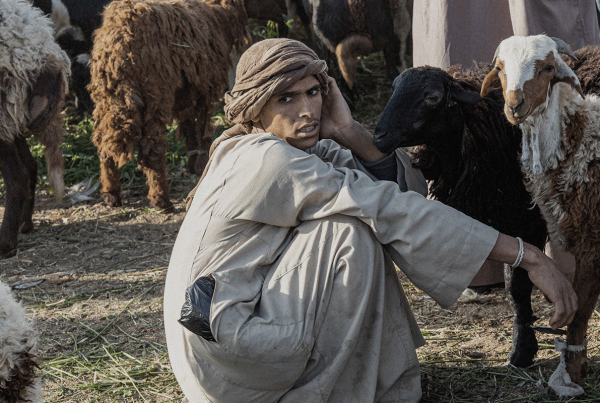At The Exodus Road, we believe in effective action and strategic impact. Our three core programs, TraffickWatch Academy, Search + Rescue, and Beyond Rescue offer a holistic approach to the fight for freedom. As a nonprofit, we also believe that our donors have a right to know that their investments are making an impact.
To that end, we value the accurate, transparent reporting of this community’s progress to end trafficking. And while training metrics and survivors served metrics are by nature easier to report, there is admittedly more security that must take place as we report on our intervention work with police. Here are a few key things to consider as you understand the unique nuance of our nonprofit reporting around cases, rescues, and arrests with law enforcement.
The Term “Rescue”
The term “rescue” is ambiguous in the counter-human trafficking field particularly. Some organizations don’t use it at all, while some use it to describe helping willing participants in the sex industry. When we at TER use the word “rescue,” we are specifically speaking of deliverance from a situation of human trafficking by definition of international law to include a proven element of “fraud, force, or coercion.” This can include cases involving restricted movement, trafficking across borders, underage sex trafficking, forced begging or domestic servitude, debt bondage, or labor trafficking. Essentially, we are typically describing situations where an individual is forced to do something for someone else’s profit and can not walk away.
We work all cases under the authority of the local police, all are classified as human trafficking cases, and our teams operate in a support-based role during the actual intervention activity. Another word for “rescue work” is “targeted interventions.” However, because of a lack of understanding around that term, as an organization, we have chosen to continue to use the word “rescue” to communicate impact on the survivors our cases involve and free. These survivors typically represent more extreme forms of modern slavery to include young children forced into sex work.
The Exodus Road is Not an Arresting Authority
You will see the terms like “supported rescues” and “help find and free slaves” throughout our communications. We use this language because we recognize that an NGO does not have the power to legally rescue or arrest anyone. Rather, our role is to support the efforts of local law enforcement and government organizations in the intervention arena. This is critical to understand that TER operatives work, always, under local laws and in support of local authorities.
Ultimately, TER as a nonprofit organization does not have control over the timing or progress of cases, arrests, legal action, or survivor placement. That authority lies within local justice systems, and working within these systems makes the most strategic impact. This understanding is why trusted police partners on the front lines remain our closest collaborative partners in this work of intervention.
How We Determine Our Rescues/Arrests Numbers
When we talk about our organization’s progress regarding rescues and arrests, we are referring to cases that The Exodus Road significantly supported through notable financial investment, investigative support, evidence gathering, and/or direct leadership with local police partners. Each successful rescue and arrest represents hours and sometimes months of effective data collection and case building.
We do not count in our statistics cases or activities in which The Exodus Road had only a peripheral or minimal investment or impact. We also do not track the assumed number of survivors rescued through the arrests of key traffickers. Stopping these traffickers has an incredible future impact, but we do not report those numbers as they are difficult to prove or verify.
Accurate Systems for Reporting
We use an FBI-grade encrypted case management system that has multiple language functionality to track all of our casework, evidence gathering, analysis, and records. This system, Case Closed, plays a critical role in providing clean data, transparency, and cross-case analysis of evidence in every country where we operate. We maintain organizational-wide records of all successful cases, as well, in separate reporting systems for additional transparency and accuracy.
Because of protecting the security and dignity of our field teams, partners, and survivors, we are unable to make our case evidence or data public. We do share elements of cases, representative information, and progress stories, as we are able. We follow strict reporting guidelines which you can read about here.
Who Are the Operatives?
When we talk about active operatives, we are referring to the individuals who are currently on our roster, working to gather information about trafficking. These operatives consist primarily of full-time national investigative staff. We also have a team of volunteer operatives (DELTA team), mostly from America, who augment and support our field teams on specific case work on short-term deployments.
Our undercover operatives are highly trained, vetted, and engage in case building and evidence gathering under the authority of local police partners. Many have military or law enforcement backgrounds, and while most are male, we also employ and deploy female operatives. You can read more about how you can help empower their work by joining Search & Rescue.
When we report on the size of “Our Team,” we are including paid staff (investigative and otherwise), vetted volunteer operatives, and our board of directors.
For additional questions, please visit our FAQ page.







